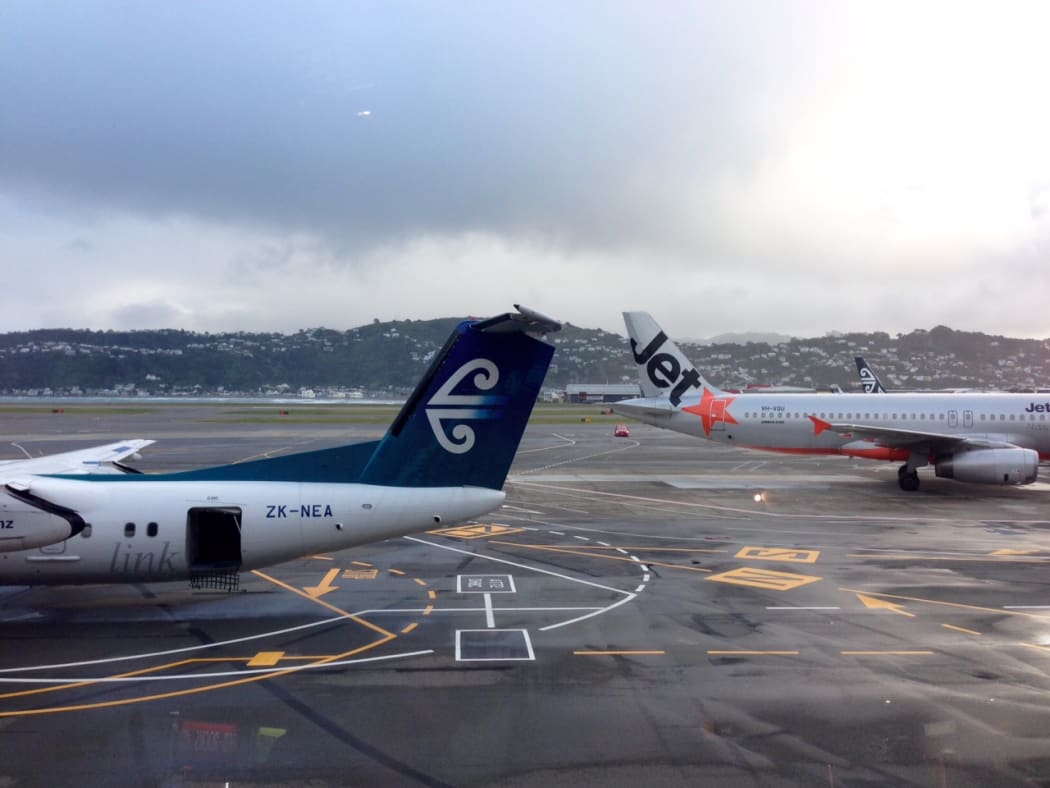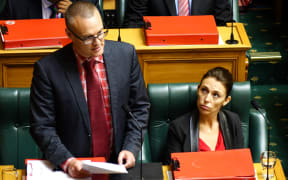Lobbyists led by the Tourism Industry Association are fighting to lessen the impact of the budget's "travel tax".
The new border clearance levy will make travellers pay for the cost of customs and biosecurity staff at ports and airports, and will be added on to the cost of an airline or cruise ship ticket.

The levy will add $16 to the ticket price of incoming passengers. Photo: RNZ / Alexander Robertson
It will add $16 to the cost of a ticket for an incoming passenger, and will save the Government $121 million a year.
Chief Executive of the Tourism Industry Association Chris Roberts said protecting New Zealand from smuggling or harmful organisms was a public good and the Government should meet the cost.
If the result was for the private good, the agricultural sector should pay, he said.
The Tourism Industry Association is being joined in the campaign by other tourism bodies as well as by organisations representing airlines, airports and cruise ships.
Mr Roberts said he accepted that the Government would go ahead with the levy but he was taking advantage of a period of consultation to raise several points.
One was that the scheme was pushed through without analysis of its impact on tourism, especially trans-Trasman travel, which will become one of the most heavily-taxed travel markets in the world.
Mr Roberts said implementation of the system should be delayed to allow that analysis to be done.
He also wanted to make sure that the money raised by the travel tax was confined to paying for customs and biosecurity and was not one day hived off into general Government funds.
There should also be industry oversight of border operations to ensure customs and biosecurity do not needlessly increase their operating costs, knowing that they would not have to pay for it.
A further problem was exemptions. Mr Roberts said it could become costly if airline crews as well as passengers were charged.
He also raised the issue of visiting yachts. Mr Roberts said it could become impractical to compel them to pay - short of having customs staff walking around marinas with Eftpos machines - yet exempting yachts would raise questions of fairness.


